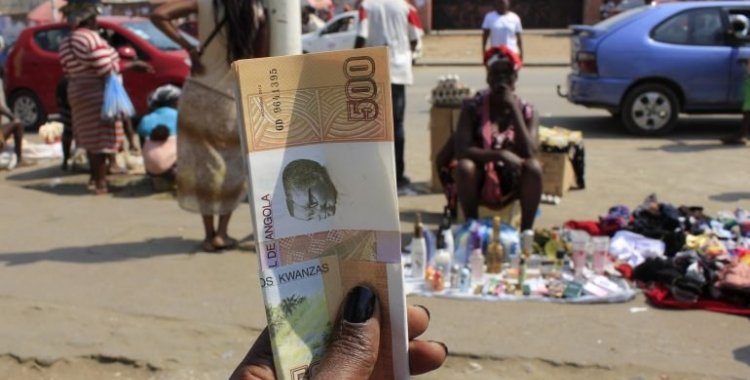According to Expansão's accounts, based on receipts of transfers made by clients this month, buying foreign currency on the informal market is cheaper than making a bank transfer abroad.
As an example, the newspaper analyzed a transfer receipt, made on July 12 by a bank. According to Expansão's analysis, in the transfer of 1,500 euros, each euro cost 833.5 kwanzas, with commissions already included. In turn, on the informal market, the European currency was being sold at 815 kwanzas.
Regarding the daily exchange rate, the price of the euro at the bank cost 9.38 percent more than the rate, since in the formal market the European currency was worth 762 kwanzas. On the streets of the capital, the euro cost 6.95 percent more than the rate.
Thus, in the informal market each euro cost 18.5 kwanzas less than in the commercial banks, writes Expansão.
It thus concludes that buying foreign currency on the street is cheaper than making a bank transfer abroad.
The costs of commissions and fees vary from bank to bank and the amount of money that customers want to transfer, and the larger the amount, the cheaper the transfer will be.







